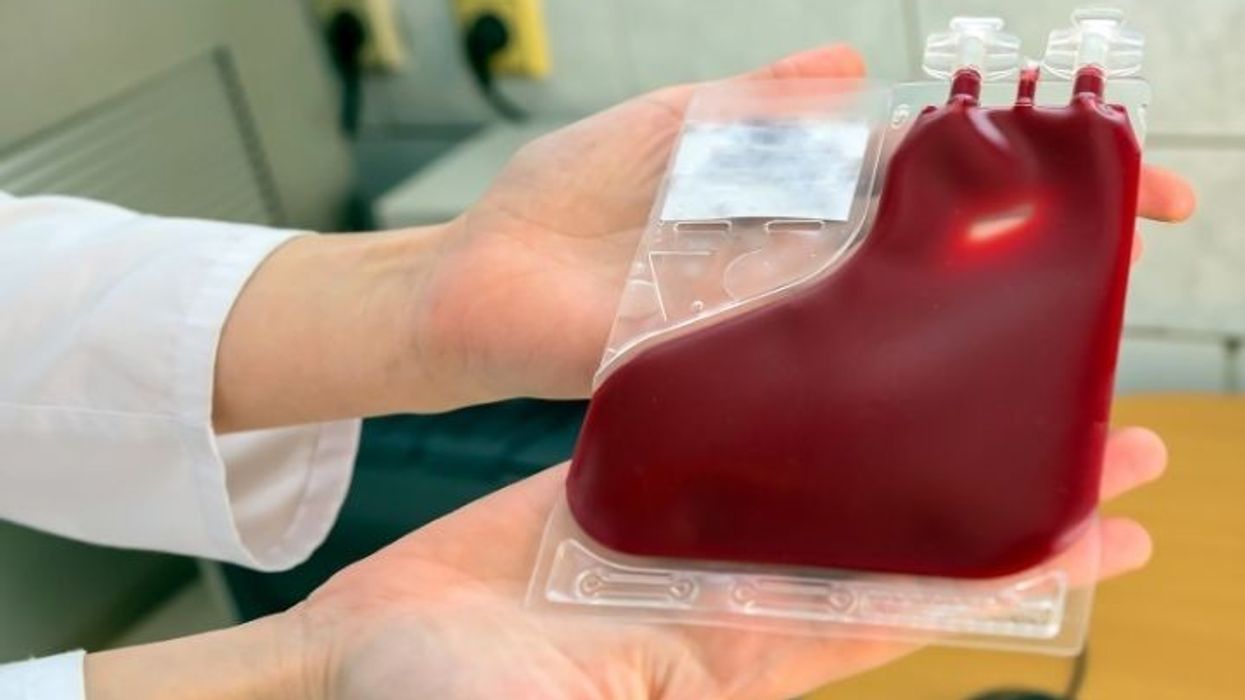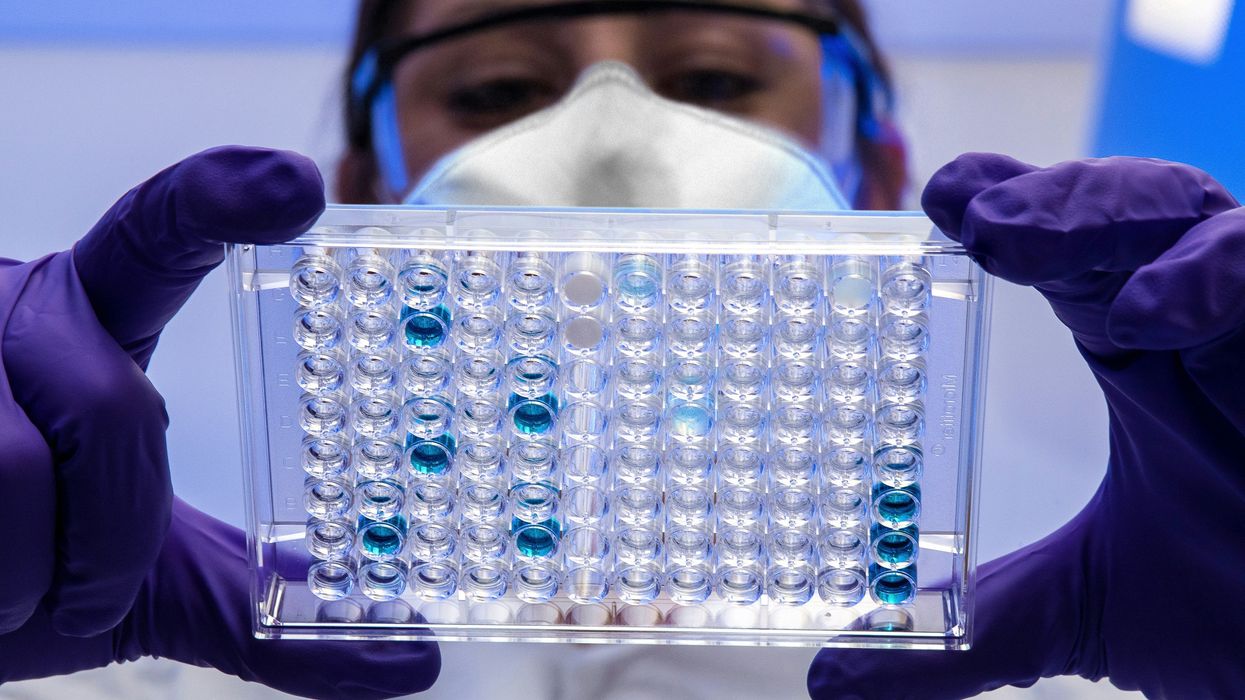For certain patients with advanced breast cancer, a drug called Piqray (alpelisib) may extend survival. But new research confirms the medication often causes seriously high blood sugar levels.
“This is a very effective drug that we should be using to treat breast cancer, but the problem is that it causes high blood sugar, which also can decrease the efficacy of the medication,” explained study co-author Dr. Neil Iyengar. He is a medical oncologist at Memorial Sloan Kettering Cancer Center in New York City.
The findings are not a reason to avoid this drug — but they do indicate that precautions are needed before taking the medication, Iyengar said. “The key is that high blood sugar can be prevented,” he stressed.
Taken as a pill, Piqray is a kinase inhibitor that blocks the signals that cause cancer cells to multiply. It is used along with Faslodex (fulvestrant), a hormone therapy, to combat tumors that express the PIK3CA mutation and are hormone receptor-positive and HER2-negative.
These mutations are found in about 40% of breast cancers, the researchers noted.
High blood sugar, or glucose, levels occur when the body has too little insulin or can't use insulin properly, and it sets the stage for diabetes.
“You can start working on your [blood sugar] status a year or more in advance if you know you are a candidate for this medication,” Iyengar said. Doctors can do genomic testing of the breast cancer when you are diagnosed. “The first line of therapy usually lasts for a year, so you have time to get your blood sugar under control before starting Piqray,” he explained.
The study included 147 people who were treated with Piqray. Of these, more than 80% developed high blood sugar (hyperglycemia), and about 40% developed serious hyperglycemia. Another 100 people were treated with Piqray as part of a clinical trial, and the rates of high blood sugar were lower in this group. This is likely because participants in studies tend to be healthier and are monitored more closely, Iyengar said.
Most people developed high blood sugar within 16 days of starting the medication, the study showed. The risk was higher among those who had elevated hemoglobin A1C before starting the drug. (Hemoglobin A1C provides a snapshot of blood sugar over the past two or three months.) Among those who developed high blood sugar, two-thirds received treatment, most commonly with the diabetes drug metformin.
Piqray blocks insulin in cells, which leads to higher circulating levels of blood sugar, Iyengar explained.
Now, researchers are looking at how various diets or diabetes drugs can affect blood sugar levels among patients taking this medication, he said.
Alpelisib is the only U.S. Food and Drug Administration-approved PI3K inhibitor. "There are several newer mutation-specific PI3K inhibitors that are currently in clinical trials which do not cause hyperglycemia, but it is unknown whether they are as effective,” Iyengar said.
The findings confirm Piqray's effect on blood sugar, said Dr. Natalie Klar. She is a medical oncologist and assistant professor of medicine at NYU Langone Cancer Center in New York City.
“Almost all patients develop elevated blood glucose/sugar levels as well as pre-diabetes and diabetes while taking this medication,” said Klar, who has no ties to the new research.
This doesn't stop her from prescribing the drug, however. “It works well for a specific group of patients, and it is an oral medication taken at home,” she said.
“It is important to counsel patients that elevated blood sugar and the development of diabetes requiring medications is common and even expected while taking this medication so they are aware,“ she said.
Doctors who prescribe Piqray have gotten better at making sure that blood sugar levels are optimized before treatment, according to a statement from drug maker Novartis. This "optimization" includes blood sugar monitoring, counseling on appropriate lifestyle changes, and the use of drugs that help control blood sugar when appropriate.
Use of the diabetes drug metformin can reduce the risk for high blood sugar by almost 80% in people taking Piqray, Novartis pointed out.
The study results were published online Sept. 25 in Cancer.
SOURCES: Neil Iyengar, MD, medical oncologist, Memorial Sloan Kettering Cancer Center, New York City; Natalie Klar, MD, medical oncologist, assistant professor, medicine, NYU Langone Perlmutter Cancer Center, New York City; Novartis response; Cancer, Sept. 25, 2023, online

Copyright © 2022 HealthDay. All rights reserved.

















